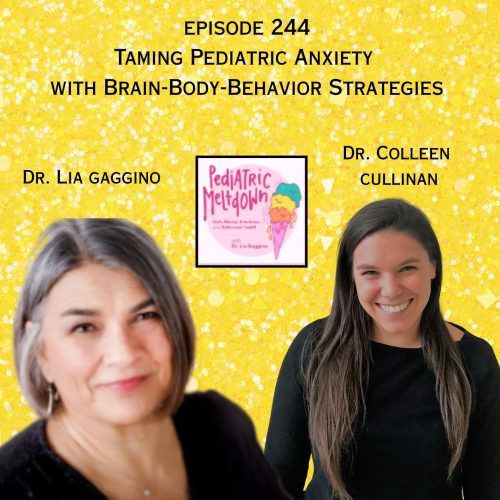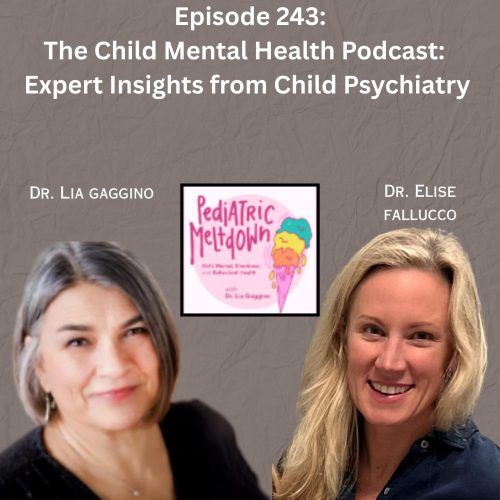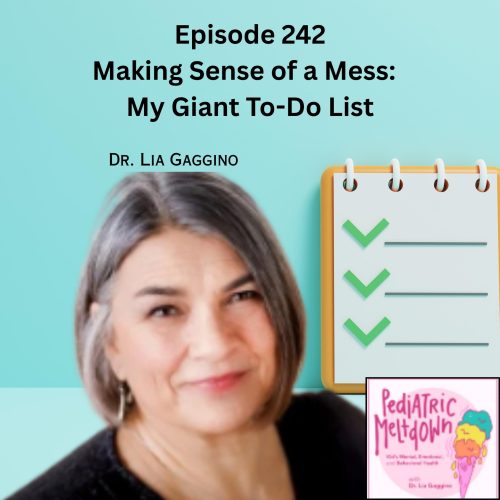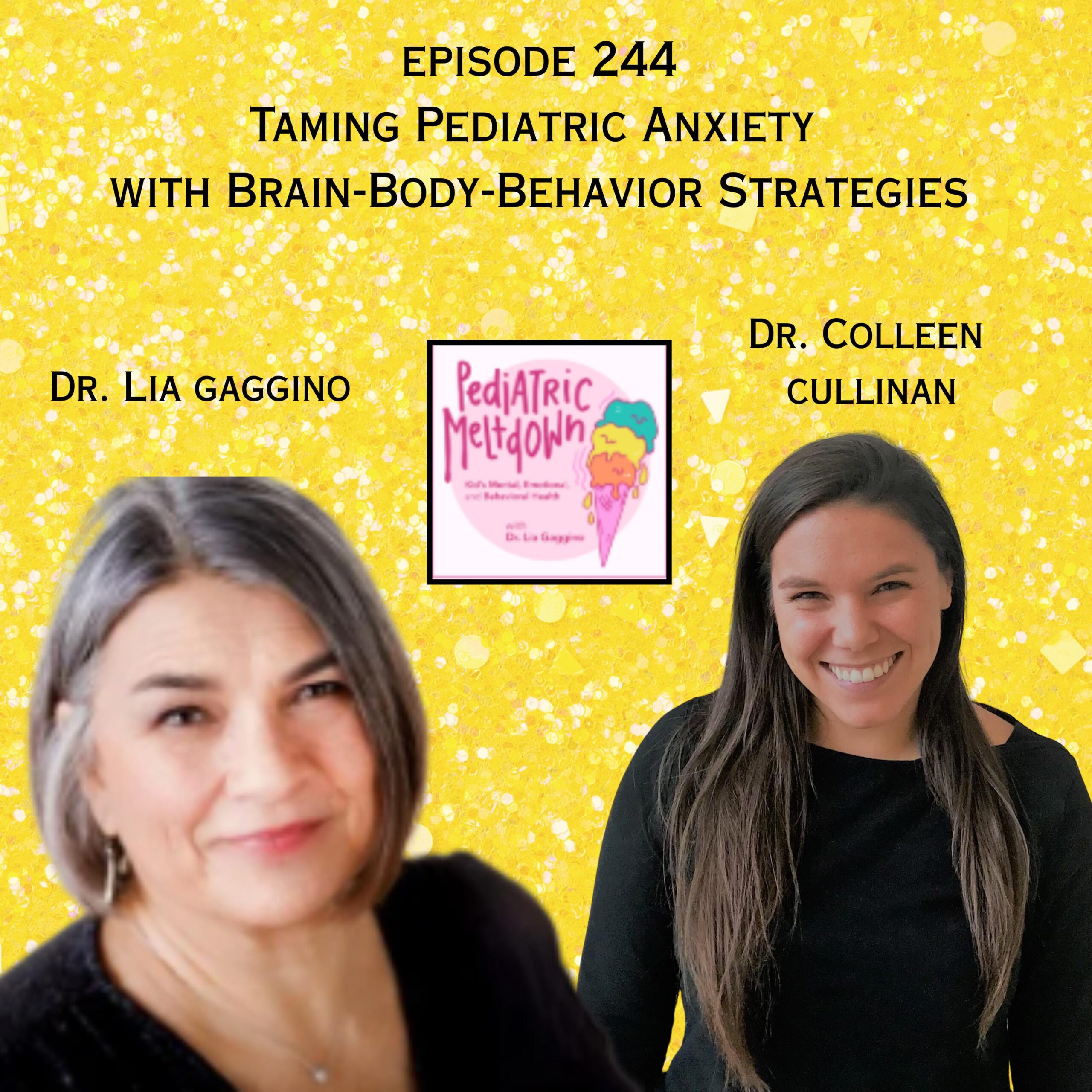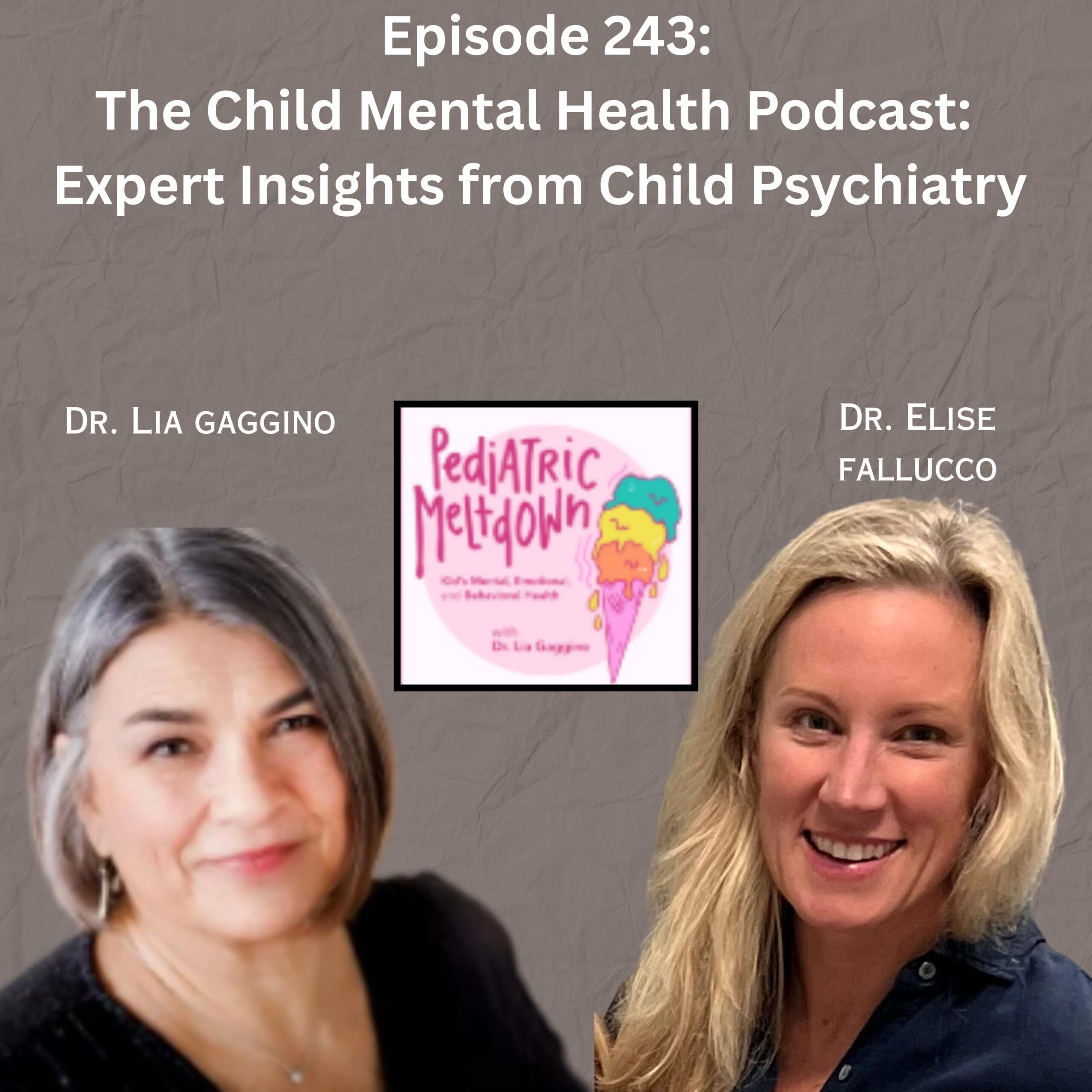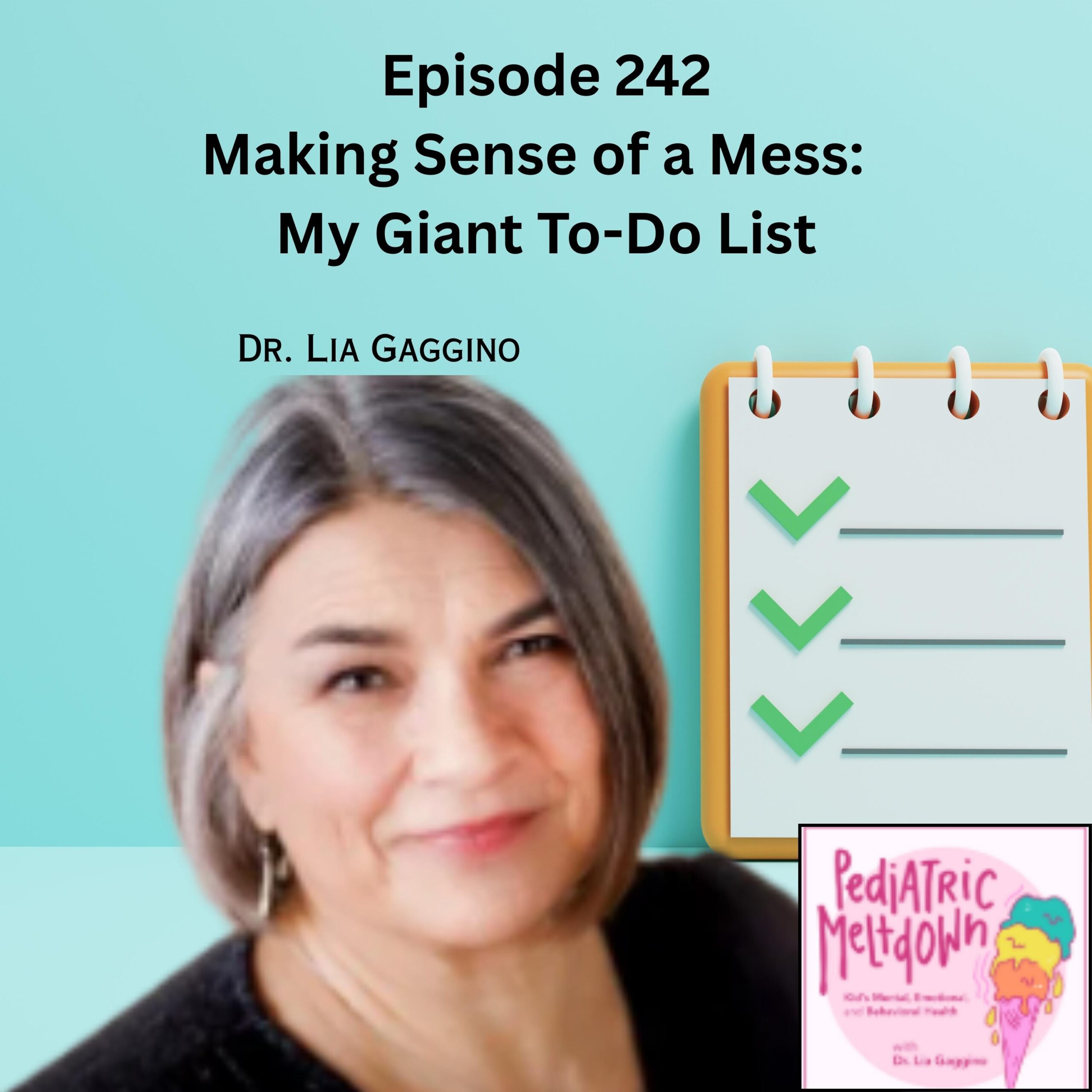ADHD is a label, it’s a name of a category of behaviors that we want to look at and potentially see how can we change the environment to make a kid the most successful as possible. In today’s episode, our guest is Colleen Cullinan, Ph.D., a pediatric psychologist at Nemours/Alfred I. DuPont Hospital for Children in Wilmington Delaware. She specializes in integrated primary care within the Division of Behavioral Health. Dr. Cullinan completed her Ph.D. in Clinical Psychology at Western Michigan University in 2015. Dr. Cullinan supervises psychology externs and interns, and she directs medical education efforts for Nemours’ residency training programs. Her presentation and publication records center around integrated care, family-based interventions, and experiential cultural humility training.
If you want to gain a deeper understanding of the strategies for boosting executive function, this episode is for you!
Key Highlights:
[00:01 – 11:13] Open Segment
An overview of ADHA management
Having conversations with families about the types of ADHA
The executive functioning in kids and adults
Why setting families expectations is a critical part of ADHD management
[11:14 – 22:42] The Journey of Starting to Manage A Chronic Neuro-Biological Condition
Dr. Colleen’s outlook on children having trouble at school
Why the Vanderbilt can be helpful
You need the time to do a good job to gather information
[22:43 – 33:47] Kids with ADHD Need a Lot of Practice
What happens when the medication therapies are not working
How executive function coaching looks like
Why internal speech is important and complex
Kids need more training in nonverbal cues
[33:48 – 45:49] Executive Functions That Are Underdeveloped
Incentive systems do work, but sometimes we are trying to incentivize the wrong thing
Talk about hindsight, foresight, and insight
How the sense of time is perceived by kids vs adults
[45:50 – 57:07] Working Memory vs Multitasking
The executive function of working memory
Dr. Colleen’s insights about multitasking being a fantasy
Always think about the kid and their family
[57:08 – 1:11:44] Final Takeaways
- Start with conceptualizing the diagnosis when talking to parents
- Take a good history, a really good history
- Throw away the label and really look at the executive function
- Start with psycho-education for families and patients
- Lay out the deficits of ADHD
- For kids with ADHD, the impact of those executive functional skills deficits may set them back two to three years
- Lay out building the parent’s skills of expectation, setting realistic goals
- Let’s talk about some of the specific deficits
- Internal speech
- Hindsight, foresight, and insight
- Cents of time
- Working memory
- Explain to families that ADHD is highly genetic and that there are often ADHD families
- Future teaching and predicting setting expectations and what that can look like
- Set the tone with the families
- Lay out that intervention and management will be an experiment
Resources Mentioned:
- Driven To Distraction – Ned Hallowell
- The Explosive Child – Ross Greene
- Smart But Scattered – Peg Dawson and Richard Guard
- The ADHD Book of Lists – Sandra Rief
- ADDitude website
Connect with Colleen Cullinan, Ph.D. through Twitter. Make sure to check @Nemours for integrated care, medical education, cultural humility, and social justice.
Key quotes:
“ADHD really is a label. It’s a name of a category of behaviors that we want to look at and potentially see how can we change the environment to make a kid the most successful as possible..”- Colleen Cullinan
“Setting families expectations is a critical part of ADHD management.” – Colleen Cullinan
“Time feels different to a kid with an executive functioning disorder. Time physically feels different.” – Colleen Cullinan
THANK YOU FOR YOUR SUPPORT!
Pediatric Meltdown was listed as a Top 20 Pediatric Podcast on FeedSpot.
If you’d like to connect with me, you can find me on LinkedIn, Facebook, Instagram, and Twitter, or email me at [email protected] or [email protected]. To learn more about me visit https://www.medicalbhs.com/
LOVE WHAT YOU HEARD? Leave us a 5-star review so we can continue to provide you with great content. Share this episode and help people know more about children’s health and well-being.



